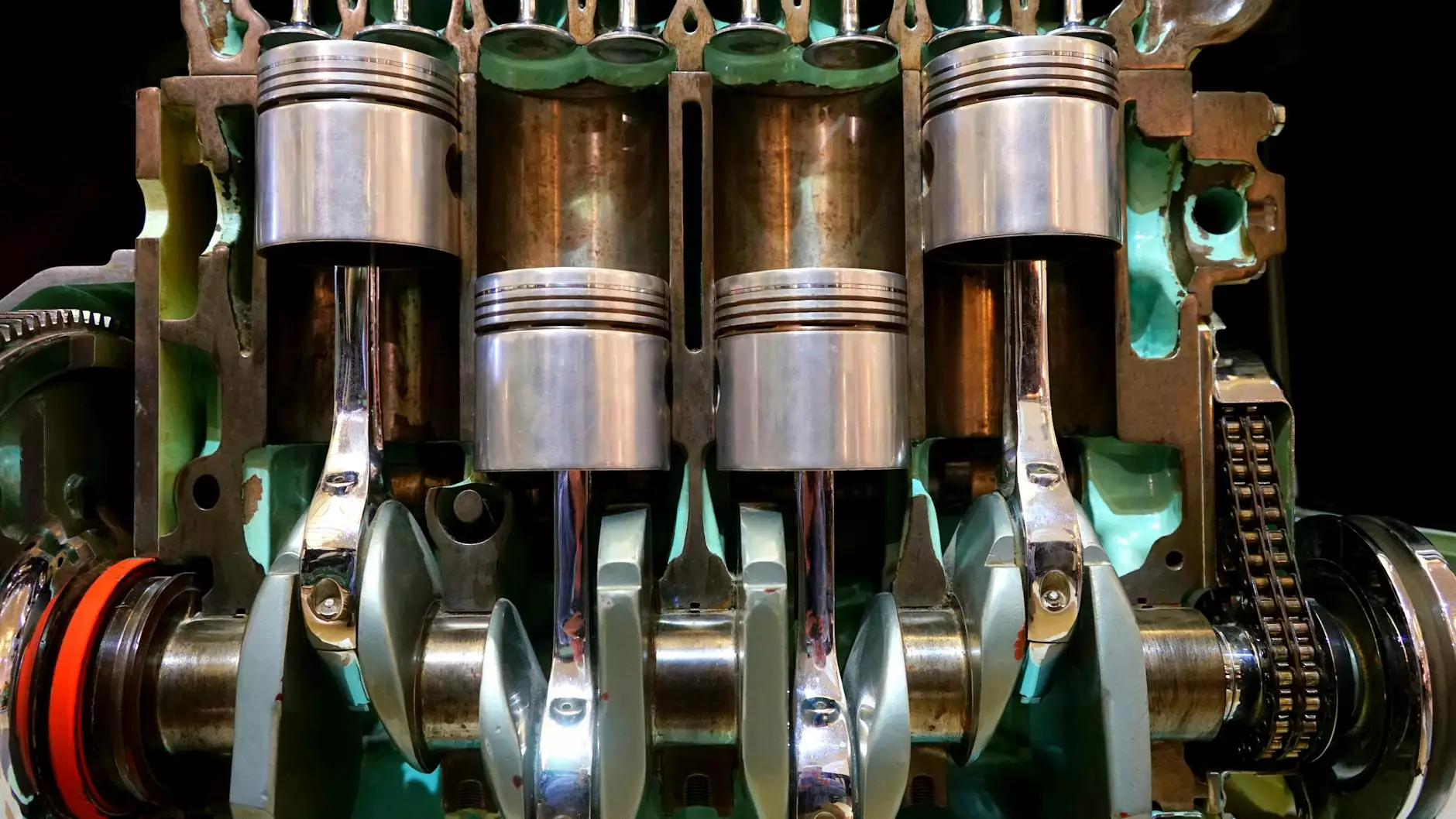Understanding Heavy Equipment Prices: A Comprehensive Overview

In the world of construction and heavy machinery, heavy equipment prices play a crucial role in project budgeting and financial planning. This article delves deep into the intricacies of heavy equipment pricing, providing insights that can help businesses make informed decisions when purchasing or renting heavy machinery. Whether you are a contractor, a business owner, or someone involved in heavy equipment logistics, understanding these prices can greatly enhance your operational efficiency.
The Importance of Heavy Equipment in Business
Heavy equipment, including excavators, bulldozers, cranes, and loaders, is essential for a range of industries, including construction, mining, and agriculture. These machines are not just tools; they're vital assets that can influence the profitability and success of projects. Here's why understanding heavy equipment prices is critical:
- Budget Management: Knowing the prices helps maintain accurate budgets.
- Cost Efficiency: Helps identify cost-effective options that suit your project needs.
- Investment Decisions: Facilitates informed purchasing or leasing decisions.
Factors Influencing Heavy Equipment Prices
Heavy equipment prices are not determined by a single formula; instead, they are influenced by a myriad of factors. Understanding these factors can give you leverage in negotiations and help you gauge whether a pricing offer is fair. Some of the key elements include:
1. Equipment Type and Size
The type and size of the equipment play a significant role in determining its price. Larger machines or more specialized units typically cost more due to their complexity and capability. For instance, a standard backhoe might be considerably cheaper than a high-reaching telehandler.
2. Brand and Manufacturer
Different manufacturers have varying reputations for quality, reliability, and warranty. Brands known for durability often command higher prices. However, investing in a reputable brand can lead to savings in the long run due to reduced maintenance costs.
3. Purchase Type: New vs. Used
Purchasing new equipment typically incurs a higher initial cost compared to used machinery. However, new machines come with the latest technology and warranties, whereas used machines may require immediate repairs or lack modern efficiencies.
4. Market Demand and Supply
The prices can also fluctuate based on market conditions. In high-demand periods, such as booming construction seasons, prices may soar due to increased competition for limited equipment.
5. Features and Technology
Advanced features, such as GPS tracking, telematics, and enhanced fuel efficiency, can contribute to higher prices. Buyers should weigh the value of these features against their operational needs.
6. Location
Your geographical location can influence equipment prices. Areas with high construction activity may experience elevated prices due to demand, while regions with fewer projects might offer bargains.
7. Seasonal Trends
Certain times of the year may present better opportunities to purchase equipment at lower prices, particularly during end-of-year clearance sales or during off-seasons for construction.
How to Assess Heavy Equipment Prices Effectively
To navigate the complex landscape of heavy equipment prices, consider these strategies:
1. Conduct Market Research
Research current market prices for the type of equipment you need. Online platforms, auctions, and dealer websites can serve as valuable references. Many resources aggregate pricing data to give you a general idea of the market value.
2. Get Multiple Quotes
Don’t settle for the first price you receive. Obtaining multiple quotes from various dealers allows you to compare prices and identify trends about what constitutes a good deal.
3. Evaluate Total Cost of Ownership
Price is only one aspect of purchasing heavy equipment. Calculate the total cost of ownership, which includes maintenance, fuel, insurance, and depreciation, over the equipment's expected lifespan.
4. Inspect Used Equipment Thoroughly
If considering used equipment, always arrange for an inspection. A well-maintained machine can be a worthwhile investment, but potential pitfalls such as hidden damage can lead to expensive headaches down the line.
The Role of Elevation Transport Services in Heavy Equipment Logistics
At Elevation Transport Services, we understand that the logistics of transporting heavy equipment are just as crucial as the equipment's purchase price. Our comprehensive services, which include transportation, town car service, and vehicle shipping, are designed to meet the unique challenges of moving heavy machinery.
1. Reliable Transportation Solutions
Transportation is a critical element of the heavy equipment lifecycle. We provide tailored logistics solutions to ensure your machines reach their destination safely and efficiently. Our experienced team is adept at handling various equipment types and sizes.
2. Town Car Service for Corporate Clients
For business professionals involved in heavy machinery, we offer town car services that cater to your corporate needs. Our comfortable and stylish vehicles ensure you arrive at your meetings on time, making a professional impression.
3. Vehicle Shipping Expertise
Shipping heavy equipment across state lines or internationally can pose challenges. Our experts at Elevation Transport Services navigate regulatory requirements and logistics, allowing you to focus on your core business activities.
Best Practices for Purchasing Heavy Equipment
When considering an investment in heavy equipment, apply these best practices:
1. Understand Your Needs
Be clear on what tasks the equipment will perform. Identify your requirements to avoid over-investing in capabilities you don’t need.
2. Factor in Financing Options
Explore financing options, including loans, lease agreements, or rental programs that could help manage cash flow better while acquiring necessary equipment.
3. Negotiate Wisely
In the equipment industry, haggling is common. Use your research and multiple quotes to negotiate better terms with dealers.
Future Trends in Heavy Equipment Pricing
As industries evolve, heavy equipment prices are also impacted by technological advancements and market shifts. Anticipated trends include:
- Increased Automation: Equipment with automated features is expected to see a rise in demand, potentially affecting prices as technology becomes standard.
- Sustainability Measures: Eco-friendly equipment options may come with premium pricing due to their advanced technology and demand for cleaner operations.
- Global Supply Chain Dynamics: Ongoing global supply chain fluctuations can impact availability and prices of heavy equipment parts, affecting overall machine costs.
Conclusion
In summary, understanding heavy equipment prices is essential for anyone involved in construction or heavy industries. Multiple factors influence these prices, including equipment type, market conditions, and technological advancements. By being informed and applying strategic purchasing practices, you can ensure that your investment in heavy machinery is sound and contributes to your business's success. Elevation Transport Services is here to support you with expert logistics solutions, enabling you to focus on what you do best.









